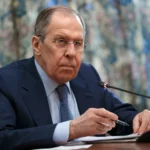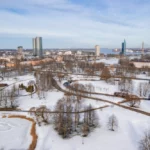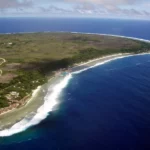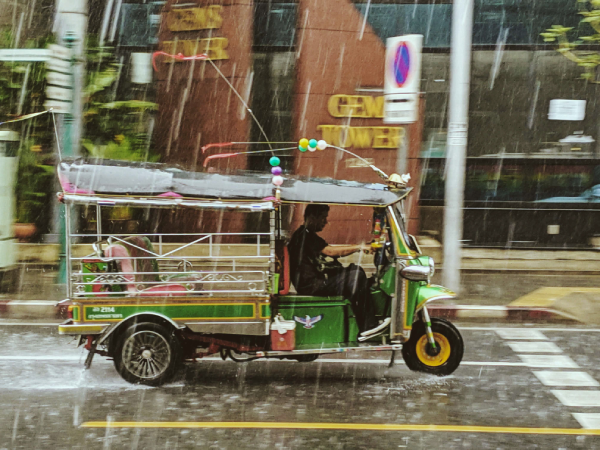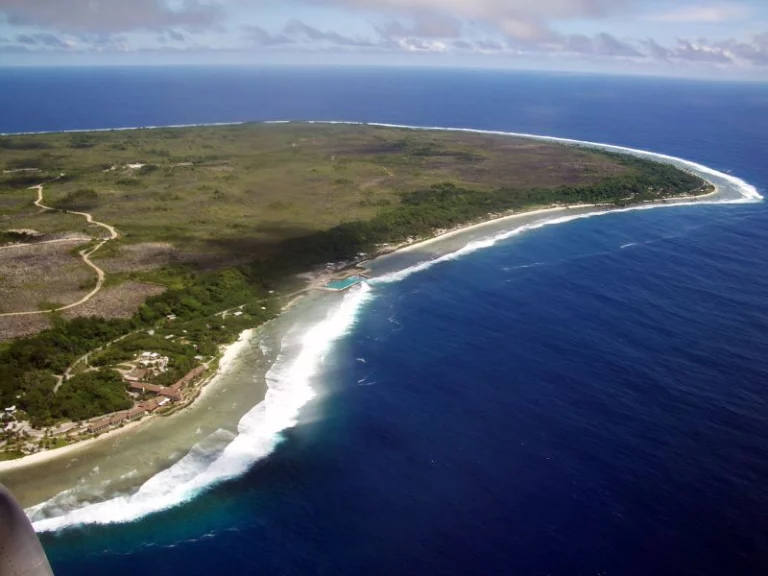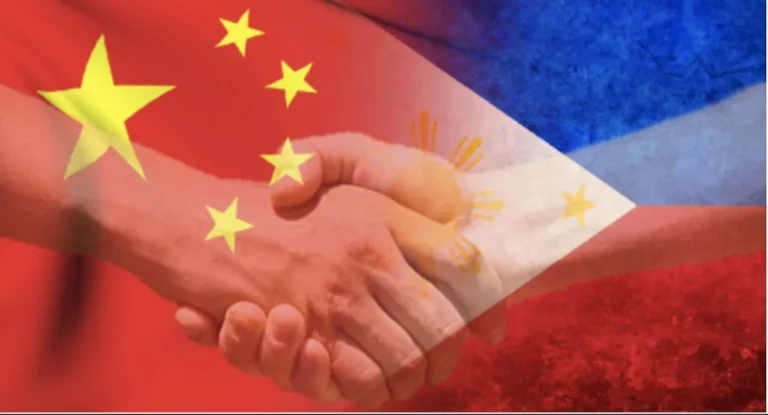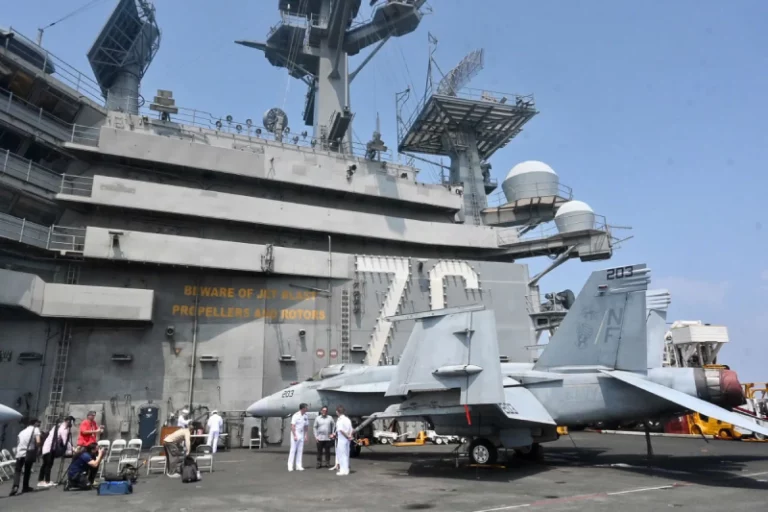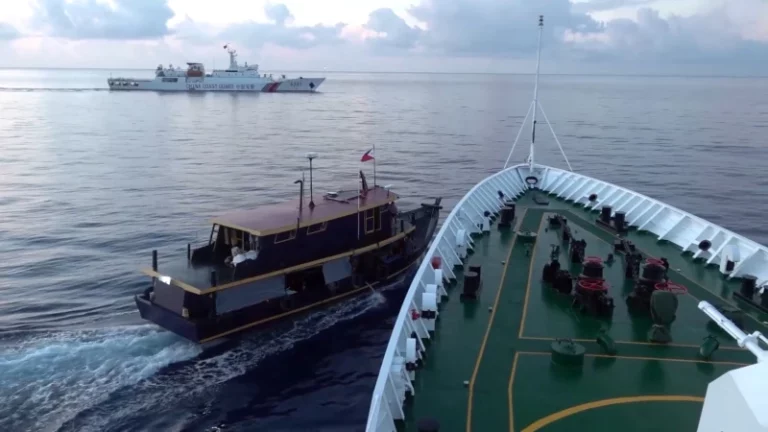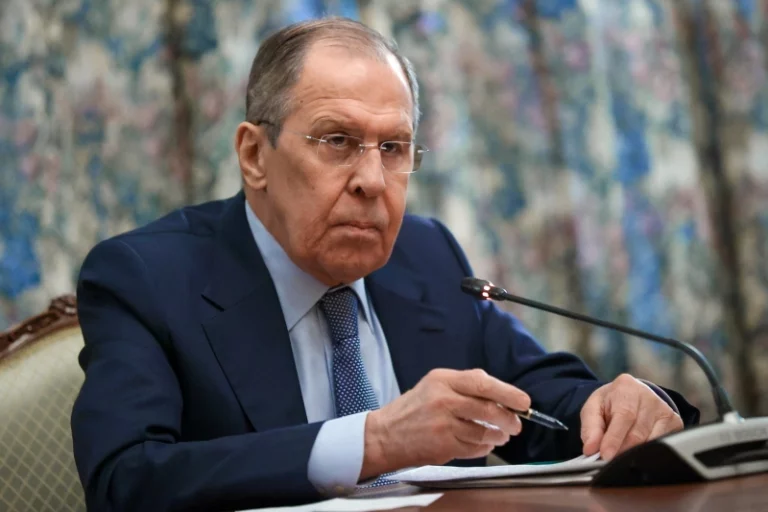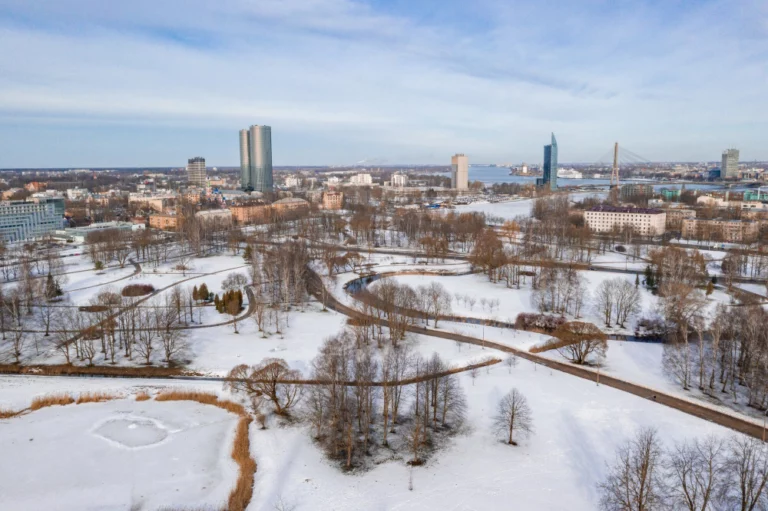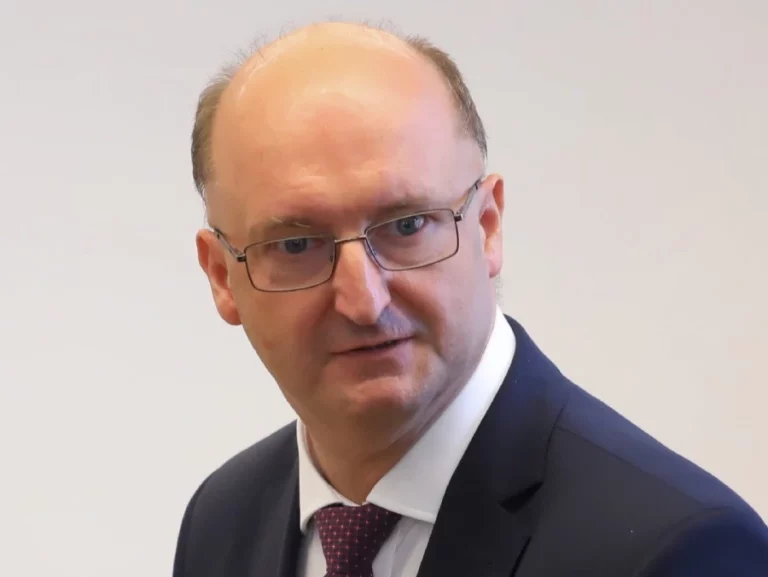Thousands of Russians are flocking to Thailand in large numbers to escape the economic and social impacts of the ongoing conflict in Ukraine. Since the war began, tens of thousands of Russians have sought refuge in the Southeast Asian country, seeking new homes, schools, jobs, and visas.
Many Russians are looking to escape conscription and the harsh economic conditions in their homeland, leading them to buy off-plan condos with half a million dollars or more in Phuket, a popular resort island.
The influx of Russian visitors to Thailand has surged since President Vladimir Putin ordered the country’s first wartime mobilization since World War II in September. Between November 2022 and January 2023, more than 233,000 Russians arrived in Phuket alone, making them the biggest group of visitors by far, according to data from Phuket International Airport.
Economic war: no end in sight
Despite reports of the Russian economy not being heavily affected by sanctions, realtors in Russian-dominated areas of the island say the influx of wealthy visitors, fueled by the growing realization that the war has no end in sight as it enters its second year, has driven property prices up to record levels.
Luxury condos that were once available to rent for about $1,000 a month can now go for three times that. Meanwhile, extravagant villas on the market for $6,000 or more are booked out up to a year in advance. Some buyers have spent upwards of $500,000 on luxury off-plan homes by the sea, according to local real estate agents.
“The situation has changed at home,” said Sofia Malygaevareal, a Russian real estate agent in Phuket.
“People who have money come abroad and are ready to pay money for international school, which costs less than in Moscow.”
The influx of Russians into Thailand is also reflected in other popular tourist areas, such as Koh Samui, Thailand’s second-biggest island, and the eastern seaboard resort of Pattaya, where there has been a sizeable Russian community concentrated in the beach town of Jomtien for years. “More Russians have moved to Pattaya since October.
They’re mostly young couples who fear for their safety,” said Mikhail Ilyin, the head priest of the All Saints Russian Orthodox Church in Pattaya.
However, the mass influx of Russians also comes with its challenges. For instance, some local tourism businesses in Phuket have expressed anger about Russians allegedly taking local jobs.
Tourism operators have complained about Russian taxi drivers shuttling their compatriots around the island and leading tour groups around Phuket’s historic Old Town, often without the required permits or visas.
Resentment among locals
In response to these concerns, Bhummikitti Ruktaengam, president of the Phuket Tourist Association, recently complained about the prospect of Russians cutting into locals’ livelihoods. “If it’s true they’re taking our jobs in our own home, we can’t allow this to happen,” Ruktaengam wrote on his Facebook page.
On the other hand, the impact of Putin’s invasion of Ukraine works both ways. Dar, a Thai masseuse in her 40s, left her job at a high-end spa in Moscow as the rouble collapsed and her salary – which was generous by Thai standards – plummeted in value. Dar has found new work in Jomtien, where her rare language skills win over repeat Russian clients. “The women tell me they are desperate to get their husbands, boyfriends or children to come over here to stay,” she said.
The impact of the Russian influx into Thailand goes beyond just the economy and real estate market. It has also brought some cultural changes and concerns among the local population.
On Phuket, there have been reports of Russian taxi drivers operating without the required permits or visas, and leading tour groups around Phuket’s historic Old Town. Tourism operators have complained about the prospect of Russians taking local jobs. Some locals have expressed concerns about the cultural differences and the impact on the island’s character.
“Russian tourists have been coming here for years, but it’s different now. They are buying property, starting businesses, and living here for extended periods of time,” said Phuket resident Nattaporn Srithong.
“There are cultural differences, and some Russians don’t seem to respect local customs or laws. It’s creating some tension in the community.”
The influx of Russians has also sparked some resentment among other expat communities in Thailand, particularly those from Western countries, who feel that Russians are taking over their favourite holiday destinations.
“I’ve been coming to Thailand for years, and it’s sad to see the changes. It used to be a peaceful, relaxed place, but now it’s overrun with Russians,” said British expat James Williams, who lives in Chiang Mai.
“There are still a lot of Westerners here, but it’s not the same as it used to be. We used to have a sense of community, but now it feels like everyone is just looking out for themselves.”
Despite the concerns, the Russian influx shows no sign of slowing down, and many Russians are making plans to stay in Thailand for the long haul.
“I love it here. The weather is great, the food is amazing, and the people are friendly,” said Elena, a Russian expat living in Phuket. “I never want to go back to Russia.”
For many Russians, Thailand offers an escape from the uncertainty and chaos of their homeland. While the war in Ukraine rages on, and the economy continues to struggle, Thailand provides a peaceful, stable environment for them to build a new life.
But as the Russian community in Thailand continues to grow, there will be challenges to overcome. The cultural differences between Russians and Thais, as well as the concerns of other expat communities, will need to be addressed.
It remains to be seen what the long-term impact of the Russian influx will be on Thailand. But for now, it seems that the Russian community is here to stay, and they are making their mark on the country in more ways than one.

